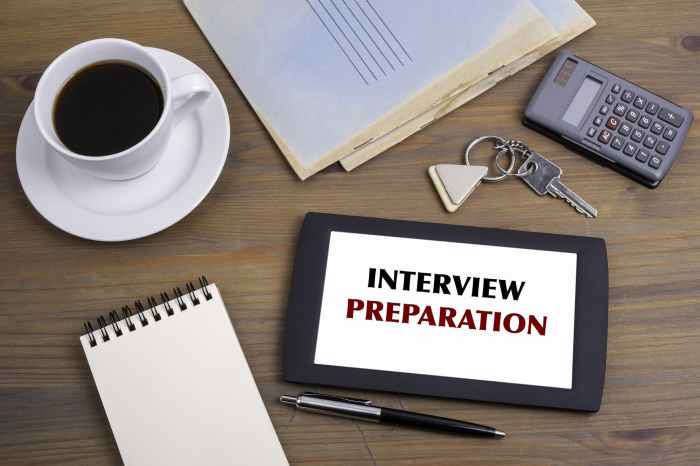Interview questions for speech pathologist – Embarking on the interview process for speech pathologists requires a comprehensive understanding of the potential questions that may arise. This guide delves into the intricacies of interview questions, encompassing various categories and providing insights into effective answering strategies. By equipping yourself with this knowledge, you can confidently navigate the interview process and showcase your expertise in the field of speech pathology.
Interview Questions for Speech Pathologists

Speech pathology interviews typically involve a range of questions designed to assess a candidate’s experience, skills, qualifications, and fit for the role. These questions can be categorized into several types, including common, technical, behavioral, situational, and industry-specific.
Common Interview Questions
Common interview questions are general inquiries that aim to gain an overview of the candidate’s background and interest in the field. They may include questions such as:
- Tell us about yourself and your journey to becoming a speech pathologist.
- Why are you interested in this position?
- What are your strengths and weaknesses as a speech pathologist?
- What are your career goals and how does this position align with them?
Technical Interview Questions
Technical interview questions assess a candidate’s knowledge and expertise in the field of speech pathology. These questions may cover topics such as:
- Describe the anatomy and physiology of the speech mechanism.
- Explain the different types of speech disorders and their causes.
- Discuss the principles of speech therapy and how you would approach a client with a specific disorder.
- What are the latest advancements in speech pathology and how do you stay updated on them?
Behavioral Interview Questions, Interview questions for speech pathologist
Behavioral interview questions explore a candidate’s work style and interpersonal skills. They may ask about specific situations or experiences that demonstrate the candidate’s:
- Teamwork abilities
- Communication skills
- Problem-solving abilities
- Conflict resolution strategies
Situational Interview Questions
Situational interview questions present hypothetical scenarios to gauge a candidate’s decision-making abilities. They may ask about:
- How you would handle an ethical dilemma in the workplace
- How you would interact with a challenging patient
- How you would manage a caseload of diverse clients
Industry-Specific Interview Questions
Industry-specific interview questions are tailored to different areas of speech pathology. For example, a candidate specializing in pediatric speech may be asked:
- What are the unique challenges and considerations in working with children with speech disorders?
- Describe your experience in using play-based therapy techniques.
Example Interview Questions
| Question Type | Question Text | Potential Response |
|---|---|---|
| Common | Why did you choose to pursue a career in speech pathology? | “I have always been fascinated by the human voice and the ability to communicate. I find it incredibly rewarding to help people improve their speech and language skills, enabling them to fully participate in society.” |
| Technical | Describe the role of the cerebellum in speech production. | “The cerebellum plays a crucial role in coordinating the muscles involved in speech production. It helps to ensure that speech movements are smooth, coordinated, and timed correctly.” |
| Behavioral | Tell me about a time you had to work effectively as part of a team. | “In my previous role, I collaborated with a team of occupational therapists and physical therapists to develop a comprehensive treatment plan for a child with cerebral palsy. By combining our expertise, we were able to maximize the child’s progress.” |
| Situational | How would you handle a situation where a parent disagrees with your treatment recommendations? | “I would first acknowledge the parent’s concerns and seek to understand their perspective. I would then provide clear and evidence-based information to support my recommendations, while also being open to exploring alternative approaches that align with the parent’s goals for their child.” |
| Industry-Specific | What are the specific challenges and considerations in working with clients with aphasia? | “Aphasia can present unique challenges due to its impact on language comprehension and production. I would need to adapt my therapy techniques to the individual’s specific needs, focusing on improving communication skills through alternative methods such as gestures, pictures, or writing.” |
Tips for Answering Interview Questions
- Prepare thoroughly by researching the company and the specific role you are applying for.
- Practice answering common interview questions in advance.
- Be confident and articulate in your responses.
- Use specific examples to demonstrate your skills and experience.
- Be enthusiastic and show your passion for speech pathology.
Quick FAQs
What are some common behavioral interview questions for speech pathologists?
Behavioral interview questions explore your work style and interpersonal skills. Examples include: “Tell me about a time you had to resolve a conflict with a colleague” or “Describe a situation where you successfully collaborated with a team to achieve a common goal.”
How can I prepare for technical interview questions related to speech pathology?
Technical questions assess your knowledge and expertise in the field. To prepare, review fundamental concepts in anatomy, physiology, and speech disorders. Consider practicing answering questions on specific topics such as articulation disorders or language impairments.

